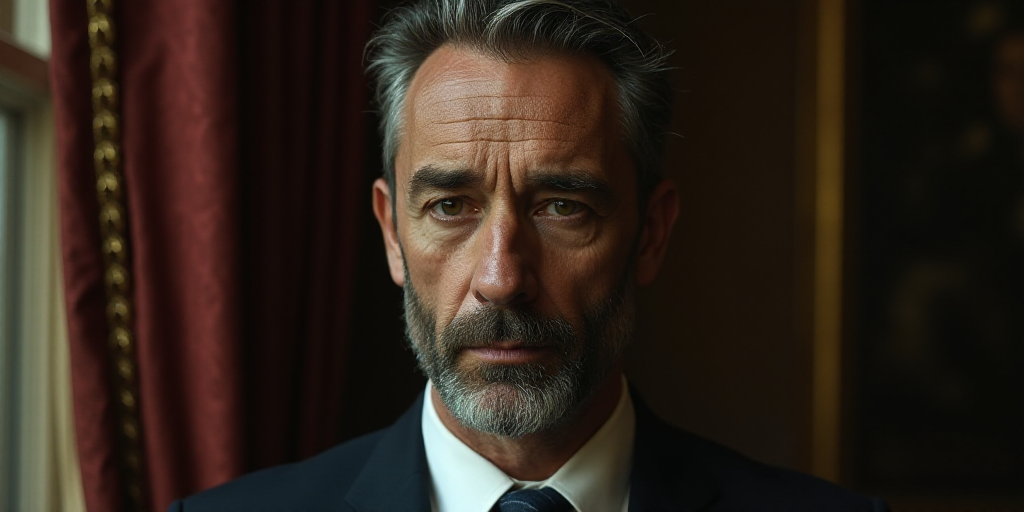Background on Key Figures and Context
The United States, led by President Donald Trump, has been increasing its military presence in the Caribbean, deploying eight warships to combat drug trafficking. This move came after Trump accused Venezuelan President Nicolás Maduro of leading a drug cartel. The tensions escalated when Maduro denied the allegations and called for peace through dialogue.
Maduro, who has been the subject of controversy since his re-election in 2018 amidst allegations of electoral fraud, is not recognized by the U.S. as the legitimate president of Venezuela. The U.S. government has offered a $10 million reward for Maduro’s capture, alleging that he leads the “Cartel of the Suns.”
Trump’s Response to Maduro’s Invitation
On Monday, the White House announced that President Trump had rejected Maduro’s invitation for dialogue. Spokesperson Caroline Leavitt stated that Maduro’s letter, dated September 6, contained numerous falsehoods and that the U.S. administration’s stance on Venezuela remains unchanged.
Trump, according to Leavitt, is committed to employing all necessary measures to curb the illegal drug trade originating from Maduro’s regime.
Ongoing Military Deployment and Opposition Support
At least three boats suspected of drug trafficking have been destroyed at sea by U.S. forces, who also deployed around a dozen fighter jets in Puerto Rico. A majority of the Venezuelan opposition supports this military deployment in the Caribbean.
Opposition Leaders’ Statements
Edmundo González Urrutia, a former presidential candidate and Maduro’s rival, endorsed the U.S. anti-drug efforts in a video addressed to world leaders at the United Nations General Assembly. He claimed that the U.S.-led Caribbean anti-drug operation is a necessary step towards dismantling the criminal structure hindering Venezuela’s popular sovereignty.
María Corina Machado, another prominent opposition leader hiding from Maduro’s regime, stated in the video that Venezuelans are close to reclaiming their sovereignty and democracy. However, Henrique Capriles, a two-time presidential candidate and leader of another opposition faction, does not support potential U.S. military intervention.
Human Rights Concerns and ONU Report
The opposition accuses Maduro of committing crimes against humanity and “state terrorism” through political persecution and arbitrary detentions. The United Nations’ Independent International Mission to Investigate Facts on Venezuela released a report on Monday detailing human rights violations in the country.
Mission president Marta Valiñas, a Portuguese jurist, reported that the state has intensified repression during periods of heightened political tension, such as Maduro’s January inauguration, through mass arrests.
Key Questions and Answers
- Who are the key figures mentioned in this article? The key figures are U.S. President Donald Trump, Venezuelan President Nicolás Maduro, and White House spokesperson Caroline Leavitt.
- What is the reason for the increased U.S. military presence in the Caribbean? The U.S. is deploying warships to combat drug trafficking originating from Maduro’s regime.
- How has the Venezuelan opposition responded to Maduro’s invitation for dialogue? A majority of the Venezuelan opposition supports the U.S. military deployment in the Caribbean, while some leaders like Edmundo González Urrutia and María Corina Machado have endorsed the anti-drug efforts.
- What are the human rights concerns raised by the ONU report? The report details ongoing political repression, mass arrests, and human rights violations in Venezuela.






